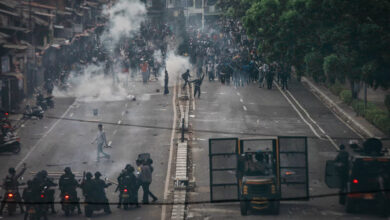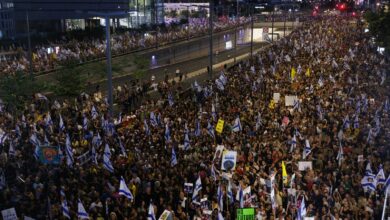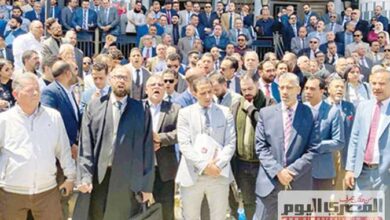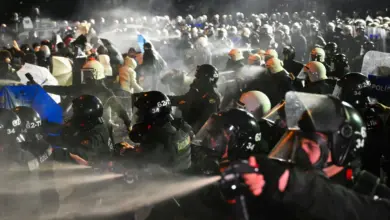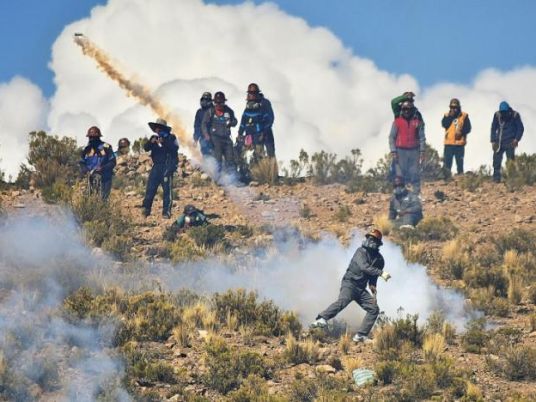
Protesting Bolivian miners on Friday abandoned a roadblock where a day earlier they kidnapped a government deputy minister, who was later found beaten to death.
President Evo Morales called for three days of national mourning and declared Friday a day of "deep pain" for the country.
Deputy Interior Minister Rodolfo Illanes, 56, was beaten to death on Thursday after being taken hostage by miners who had blocked a major highway near Panduro, around 160 km from capital city La Paz. Officials said he died of blows to the head.
The brutal killing of a senior minister has shocked the country and the violent protests highlight the conundrum Morales has of keeping his increasingly divergent core support happy at a time when income is tight.
The deputy minister had traveled to Panduro to negotiate with the miners on Thursday. His body was found early on Friday morning by the side of the highway that connects La Paz with the city of Oruro, wrapped in a blanket, said Edwin Blanco, the prosecutor in charge of the investigation.
"The cause of death was basically bleeding in the brain. Ribs were also broken," Blanco told reporters.
Illanes' assistant was also badly beaten and is in intensive care in a hospital in La Paz.
At least two miners were killed and 17 police injured earlier this week, authorities said, after they clashed when the protesters blocked the highway. On Friday the road was clear as they abandoned the blockade.
The miners – who belong to co-operatives digging for tin, zinc, silver and other metals rather than working for private employers – have been affected by the global fall in commodity prices. They say they want the government to loosen rules intended to protect the environment so they can increase output.
Their list of demands also includes being allowed to sign contracts with private companies, the reduction of tariffs on imported machinery, and government subsidies to help defray energy costs. They also do not want their subcontracted workers to be allowed to form unions.
Leaders and spokespersons from the National Federation of Mining Cooperatives of Bolivia, who had organized the week's protests, did not answer phone calls on Friday and did not comment in the media. Police said they had rounded up dozens for questioning in Oruro and La Paz. No-one has yet been charged for the killing.
Morales, an ex-coca grower, nationalized Bolivia's resources sector after taking power in 2006, initially winning plaudits for plowing the profits into welfare programs.
But his government has been dogged by accusations of cronyism and authoritarianism in recent years. Some workers have soured on him as falling commodity prices have crimped spending.
Most of the country's miners, including those involved in the protests, work in cooperatives. Unlike neighboring Peru and Chile, there are few foreign-owned mining companies.
Political violence is not unknown in Bolivia, one of South America's poorest countries. Six people died in an arson attack at a protest ahead of a referendum earlier this year, when Bolivians split over leftist Morales' plans to change the constitution to allow him to run for office again.

